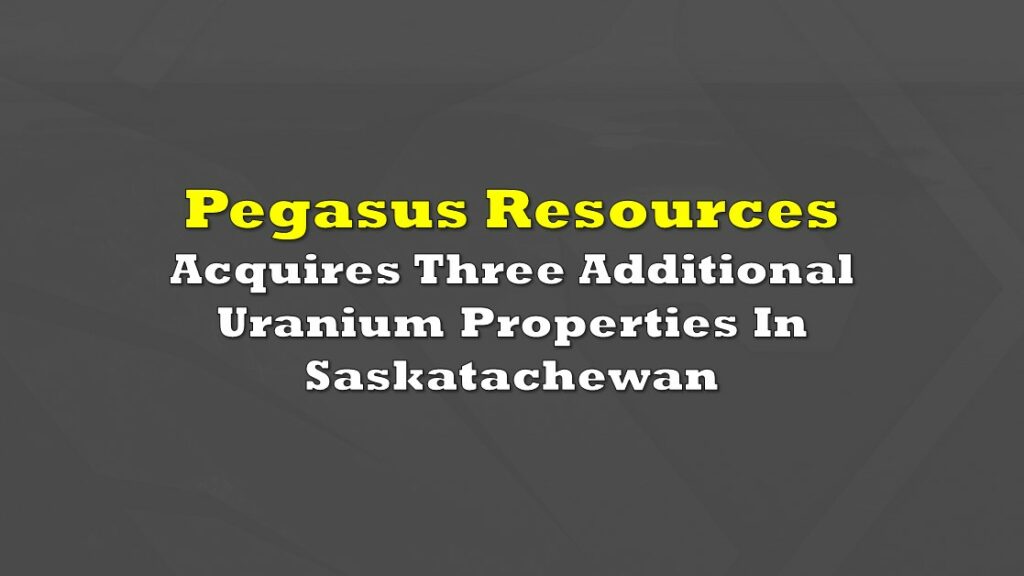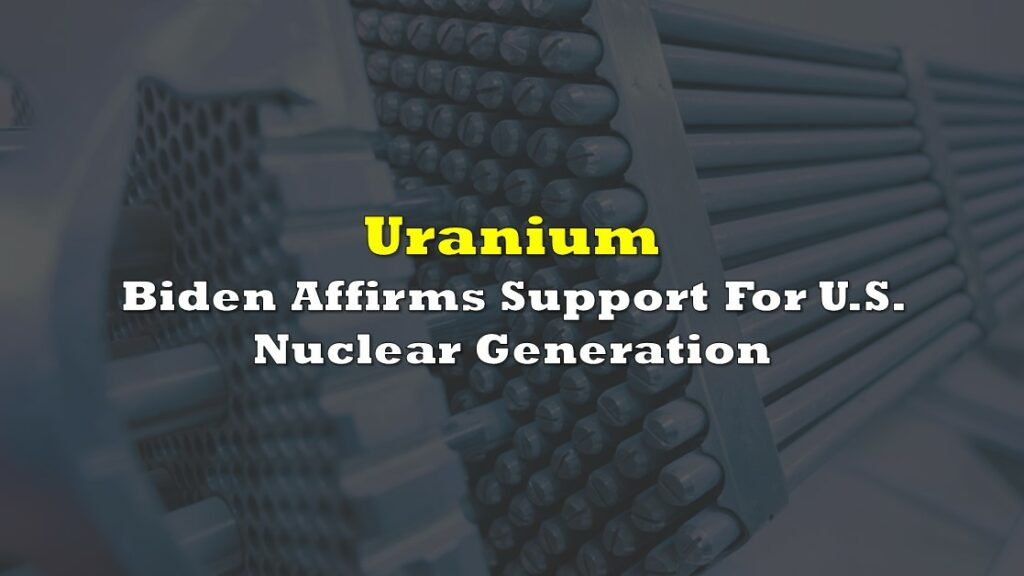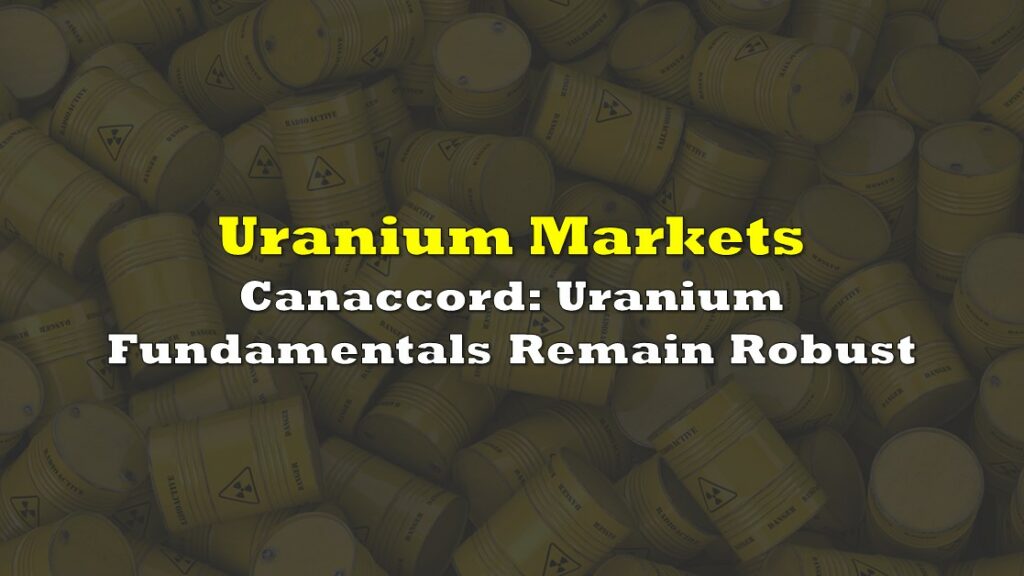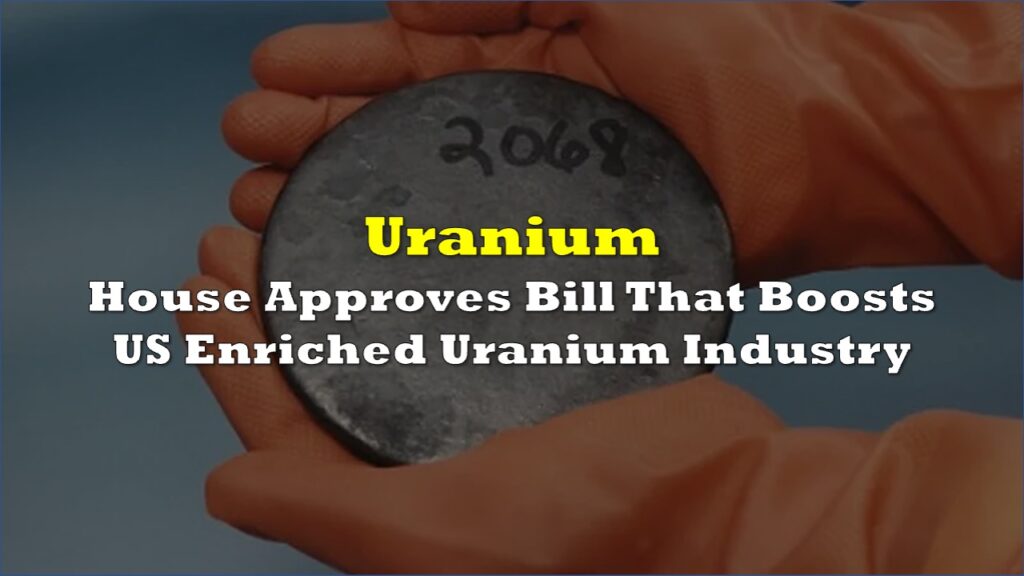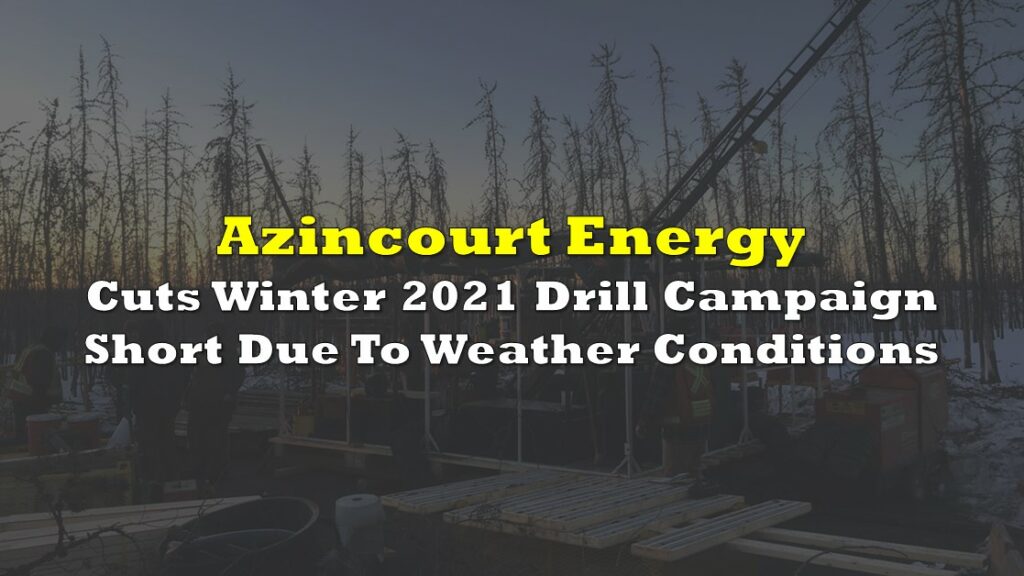Saskatchewan Premier Scott Moe is pressing the federal government to streamline regulatory approval processes for new uranium mines, positioning the province as a critical supplier of nuclear fuel amid global energy security concerns.
Speaking at this week’s First Ministers’ meeting in Saskatoon, Moe said the focus should be on ensuring “there’s a regulatory environment for new uranium mines to be approved and built.”
“How do we move forward in the short term, given that these regulations and pieces of legislation are in place and getting those projects to yes,” Moe said.
You guys are killing me. Stop what you are doing for a minute, and watch this video. Listen to what the Premier of the Province that owns the Athabasca Basin is telling you after his meeting with the Prime Minister 🇨🇦 #uranium $nxe $dnn $pdn 📺 👇 https://t.co/QErm0exSFX
— NostraThomas 🇨🇦 (@SloCan68) June 3, 2025
Saskatchewan holds the world’s largest high-grade uranium deposits and ranks as the globe’s second-largest uranium producer. Currently, only two uranium mines operate in the province — Canada’s only active uranium facilities — but several companies are seeking approvals for new projects.
Related: Ontario Signs Free Trade Deals With Alberta, Saskatchewan, PEI
The province exceeded its $2 billion annual uranium sales target in 2024, reaching $2.6 billion — six years ahead of the 2030 goal set in Saskatchewan’s Growth Plan. Countries worldwide are increasingly turning to nuclear energy for emissions reduction and energy security.
NexGen Energy (TSX: NXE) has received provincial environmental approval for its Rook I Project, which could become Canada’s largest uranium mining operation. According to NexGen, the project would account for 23% of world uranium production in its initial years.
Moe’s push comes as Prime Minister Mark Carney develops legislation to fast-track “nation-building” infrastructure projects amid escalating trade tensions with the United States.
Related: Alberta Premier Says Canada Has Lost $55 Billion In Potential GDP From Cancelled Pipelines
The uranium sector currently employs over 3,400 people in the province, with production reaching a record 16.7 thousand tonnes in 2024, up 28% from the previous year.
Information for this story was found via the sources and companies mentioned. The author has no securities or affiliations related to the organizations discussed. Not a recommendation to buy or sell. Always do additional research and consult a professional before purchasing a security. The author holds no licenses.





